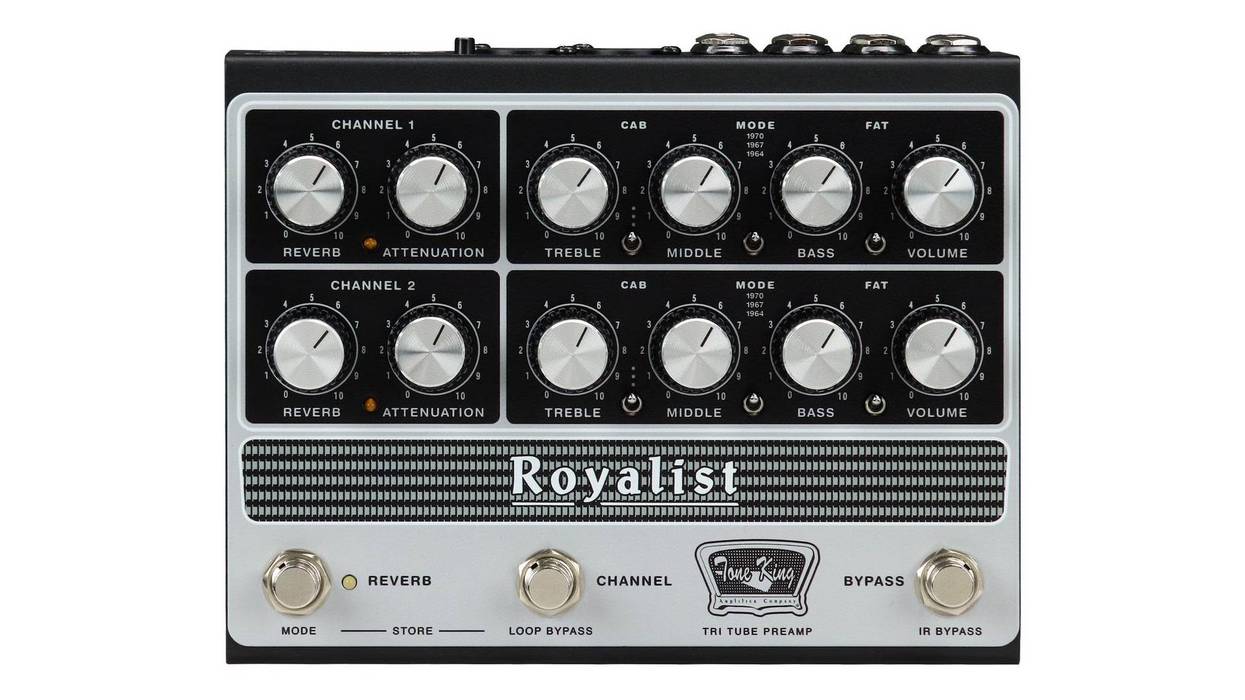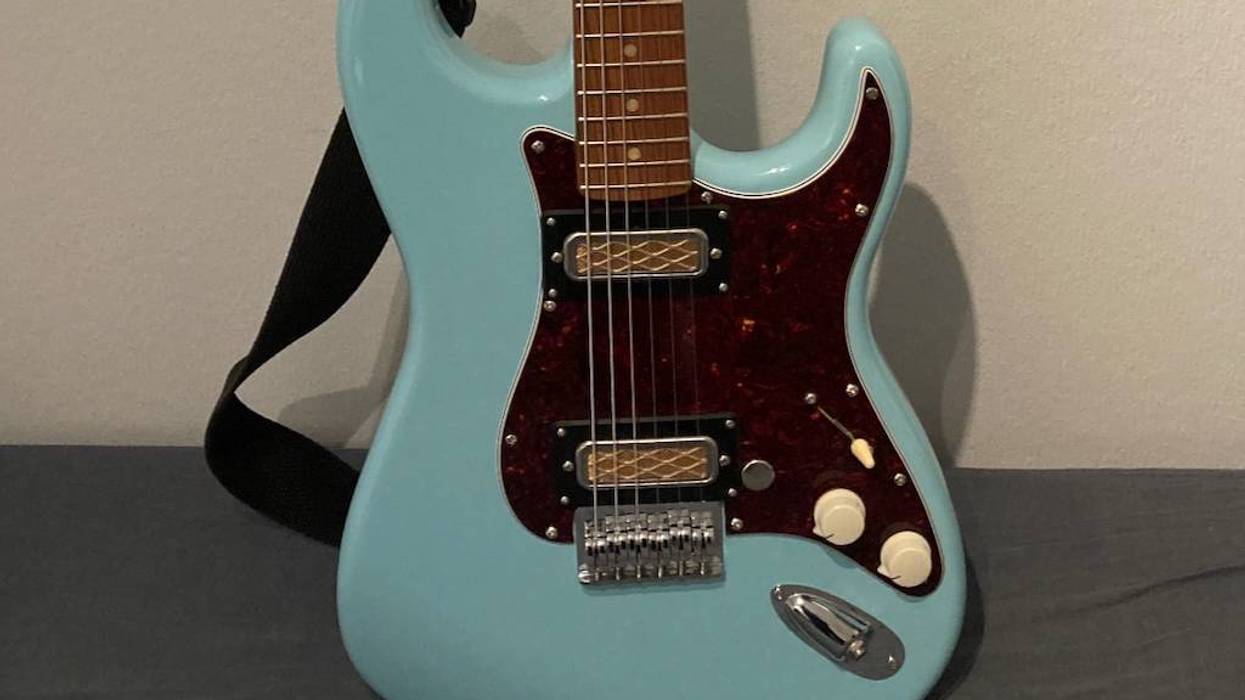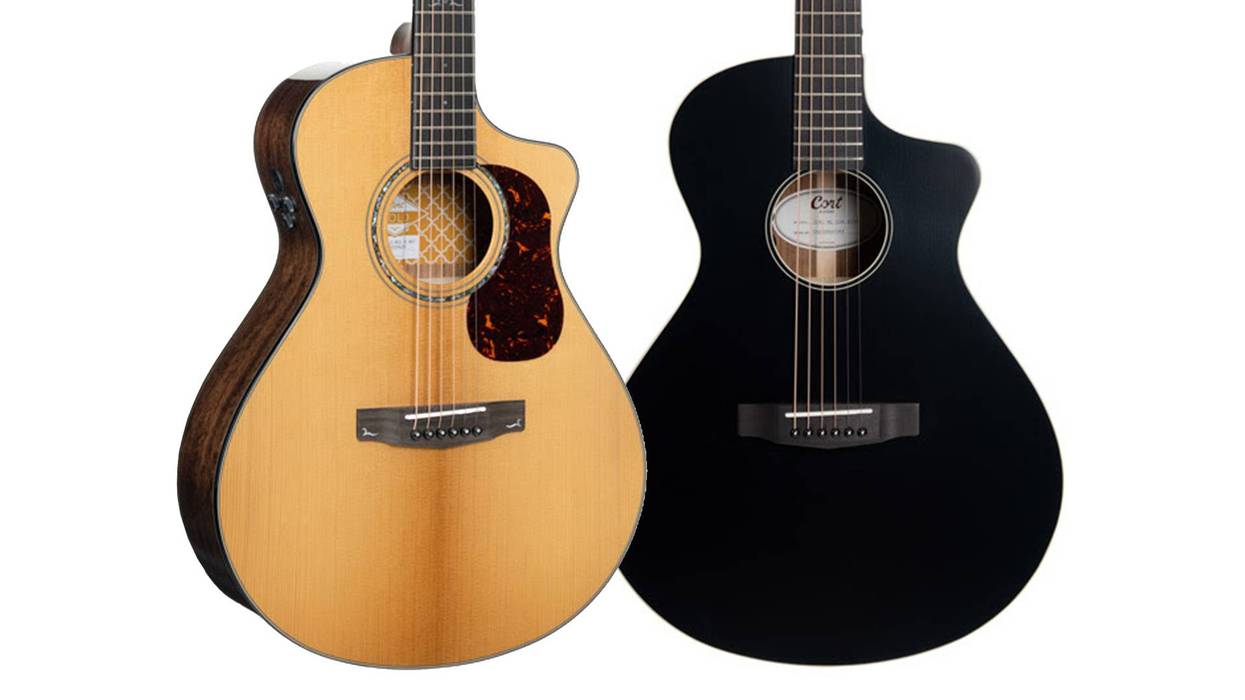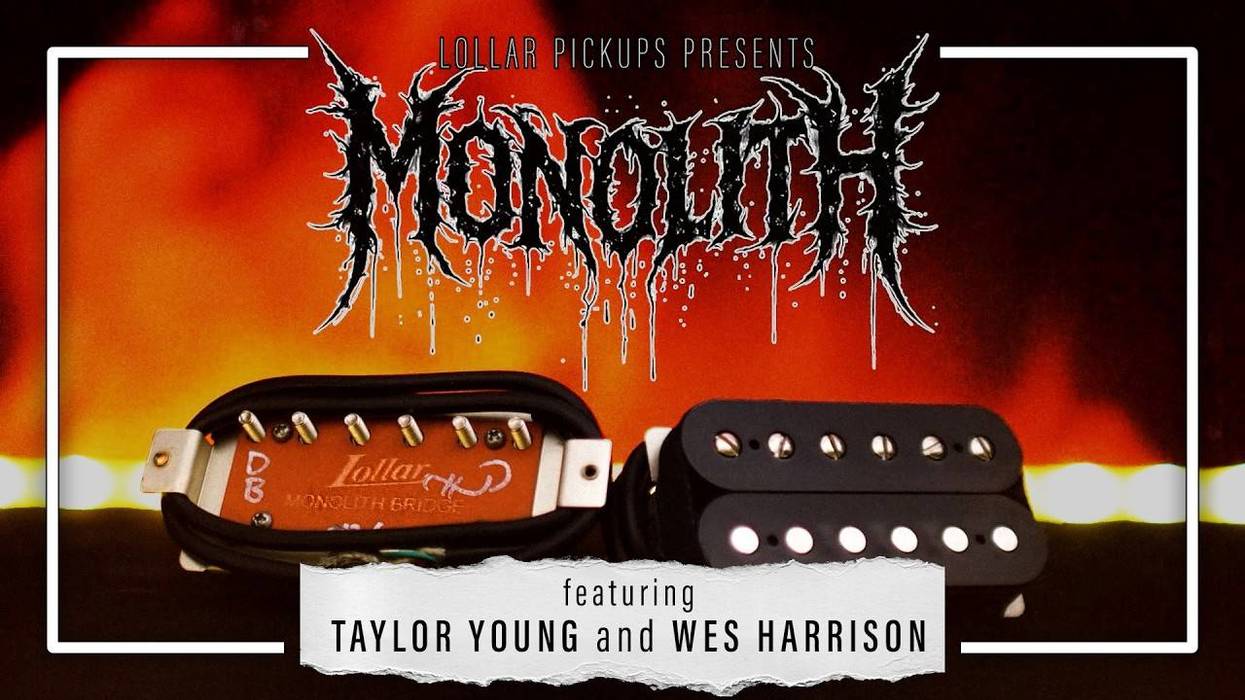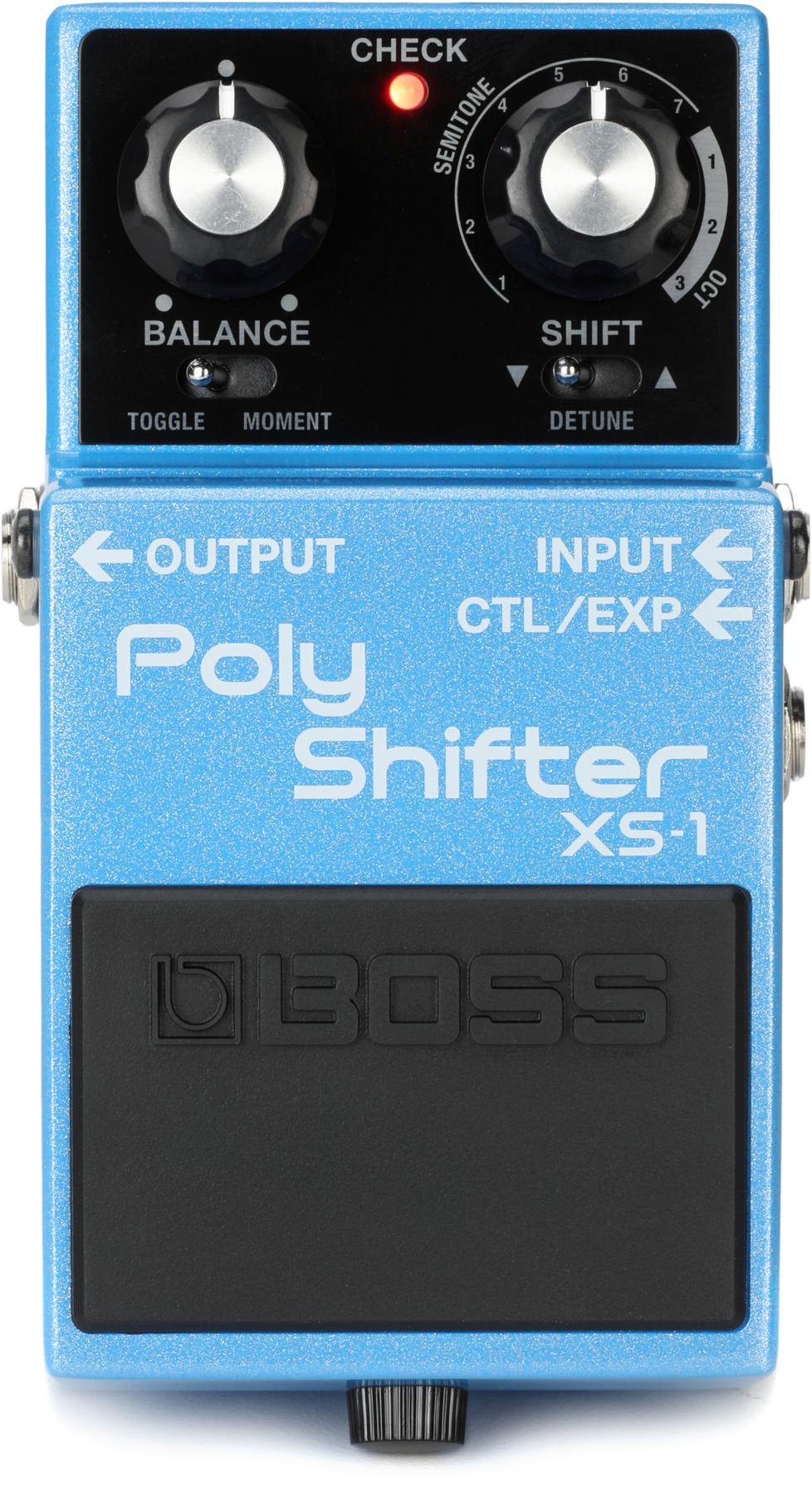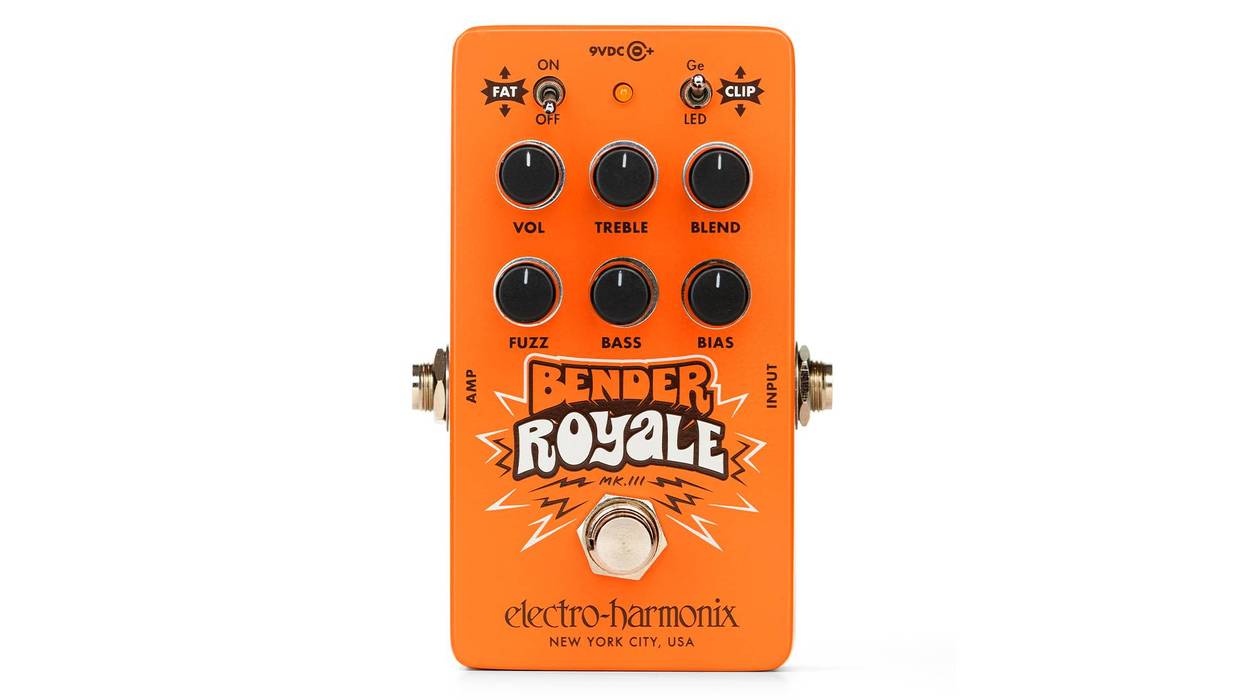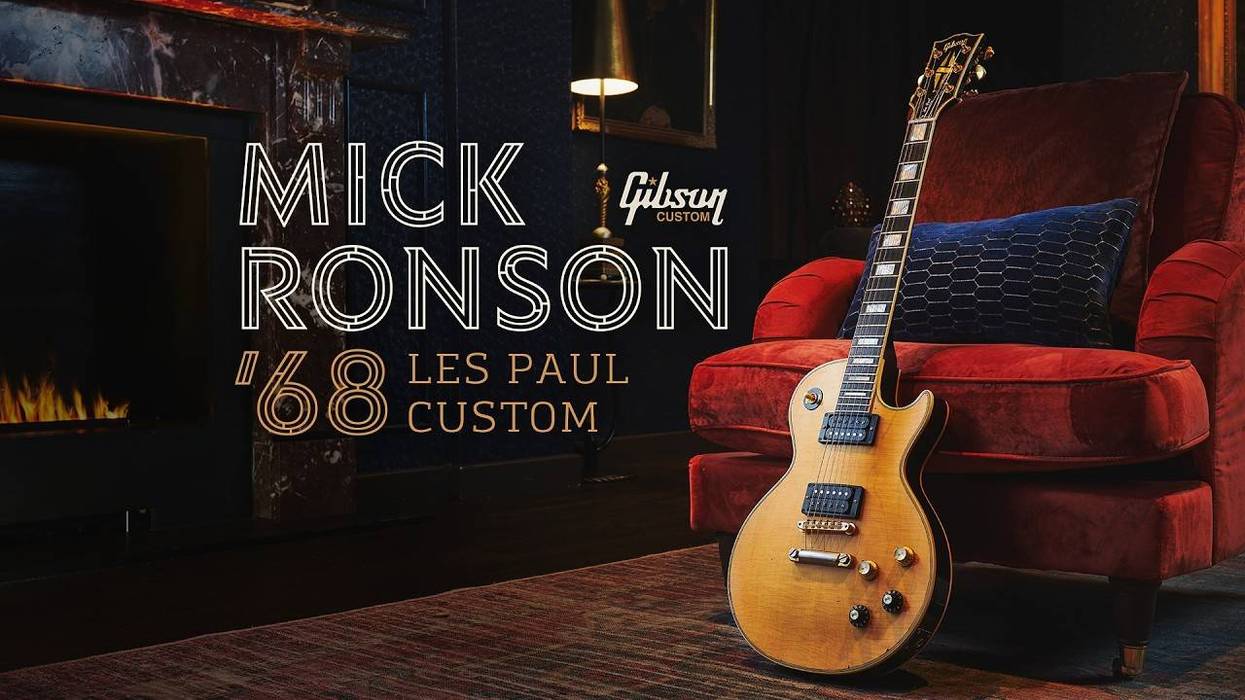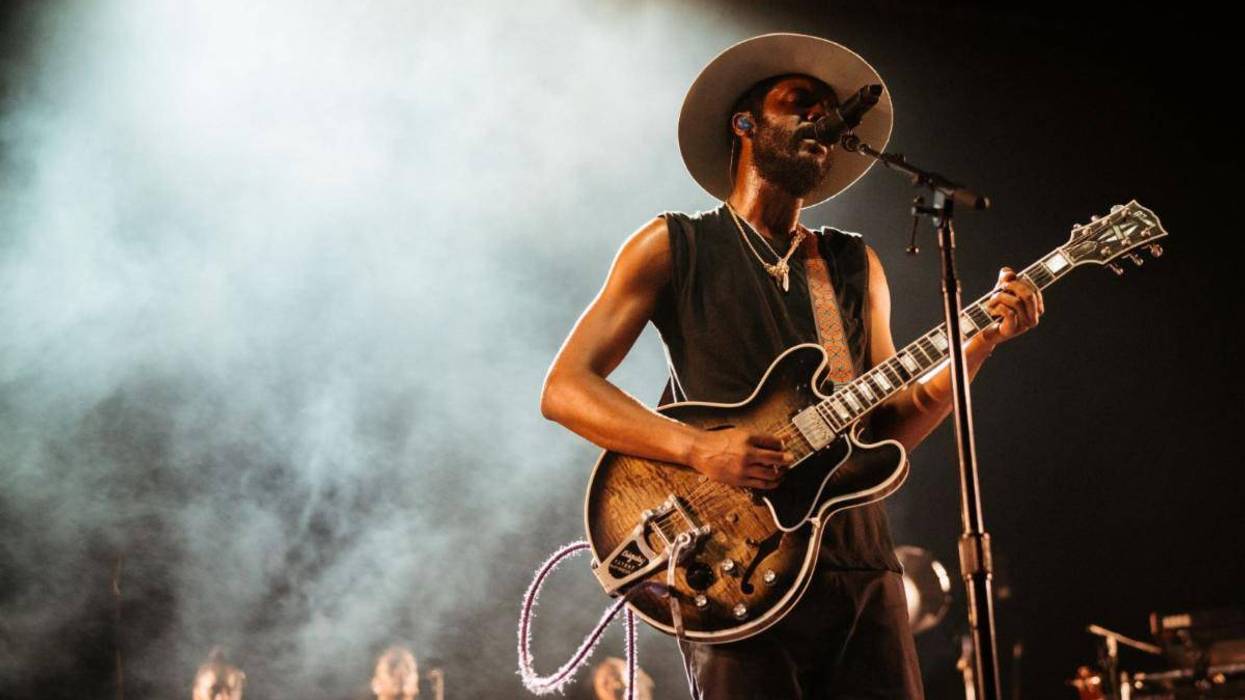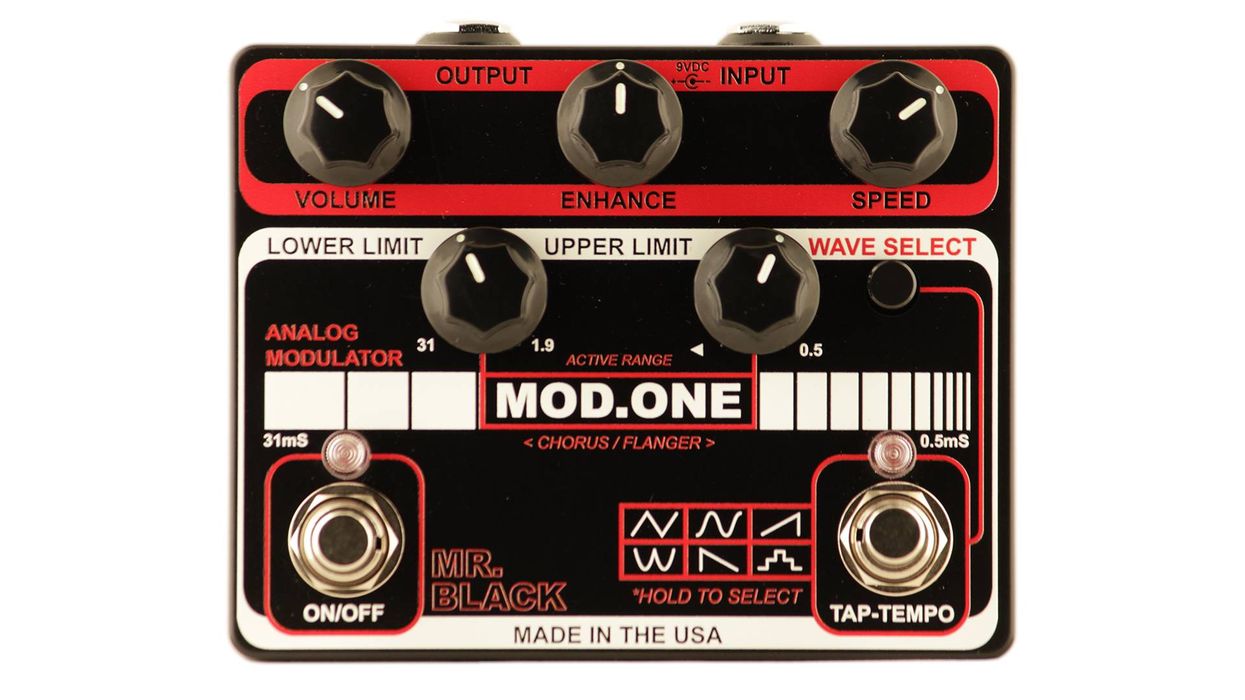Wrecking Ball
Columbia Records
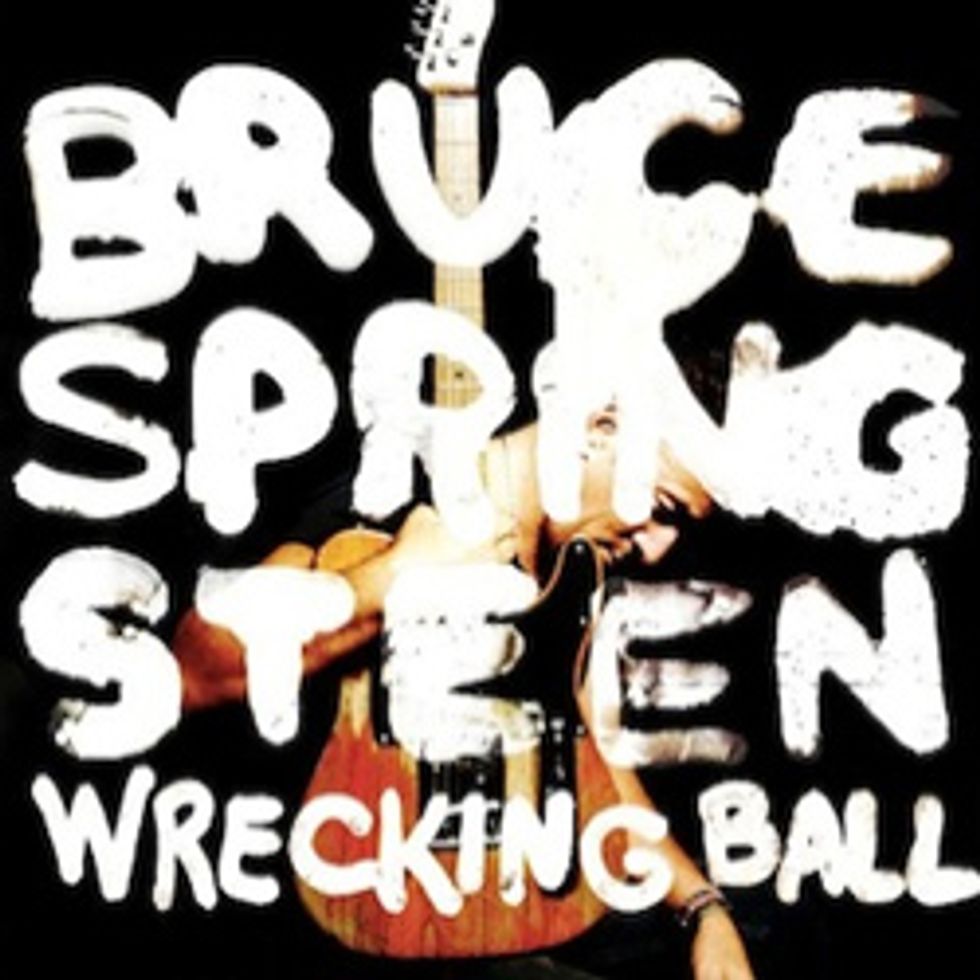
Grittier-than-normal vocals and gut-punching lyrics are paired with a sonic palette that, not surprisingly, draws from multiple corners of the American songbook. Wrecking Ball is a tapestry of folk, gospel, rock, hip hop, Celtic, and country infusions all threaded together with a homecoming of sorts for Springsteen as he returns to address the larger issues facing the country. The opening track, “We Take Care of Our Own,” borrows from the “Born in the USA” playbook and is heard as an anthem, but listened to as something quite different, setting the stage for an album in which Springsteen puts the “robber barons” and Wall Street fat cats square in the crosshairs.
From there he embarks on a tour of an economically depressed American landscape that sways back and forth between fanfare and lamentation. “Jack of all Trades” is a slow ballad tinged with horns and a Tom Morello solo, while “Death to my Hometown,” is an Irish folk foot-stomper that feels as if its an offspring of Springsteen's work from 2006's We Shall Overcome: The Seeger Sessions or something you'd hear on a Dropkick Murphys album. The title track then steers the album into a search for redemption with the acknowledgment that “hard times come and hard times go”—they always have and always will. The album is not without a few head-scratchers, though. “You've Got It” has the feel of a song that missed the cut on Born in the USA and, coincidentally, marks the only departure from Wrecking Ball's core themes. Springsteen also boldly employs a rap on “Rocky Ground” that comes across as being included solely for the sake of having a rap on the album.
Wrecking Ball roars back with “Land of Hopes and Dreams,” which finally gets the studio treatment after making regular appearances in live shows since 1999 and features that familiar soaring saxophone from the late Clarence Clemons. Appropriately enough, this elevates the album further into a spiritual realm. It closes in a peculiar, yet optimistic fashion with “We are Alive” that uses the riff from Johnny Cash's “Ring of Fire.” The blissful whistling heard in this track might seem a little out of place in a scene where the dead talk among themselves, but signifies that though death is inevitable, it's not the end—“only our bodies that betray us in the end.” A fitting end to Springsteen's first studio album since the loss of Clemons of whom he eulogized: “Clarence doesn’t leave the E Street Band when he dies. He leaves when we die.”
Wrecking Ball is a tour de force that chronicles the modern American way of life. It snorts fire in the right areas and is on par with Springsteen's post-9/11 The Rising (2002) and the underrated Magic (2007). Typical of a Springsteen album, the music will undoubtedly translate well to arenas and stadiums on the E Street Band's upcoming world tour.—Nick Ireland


